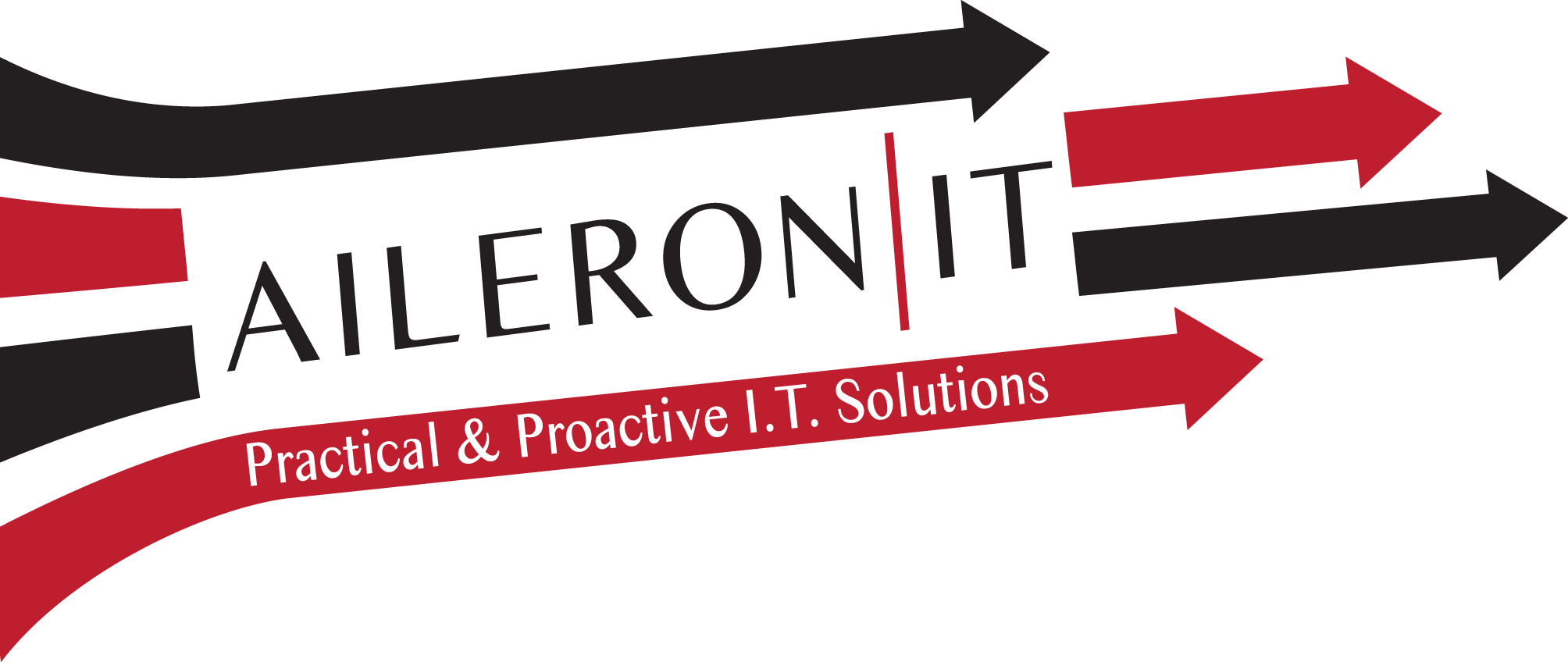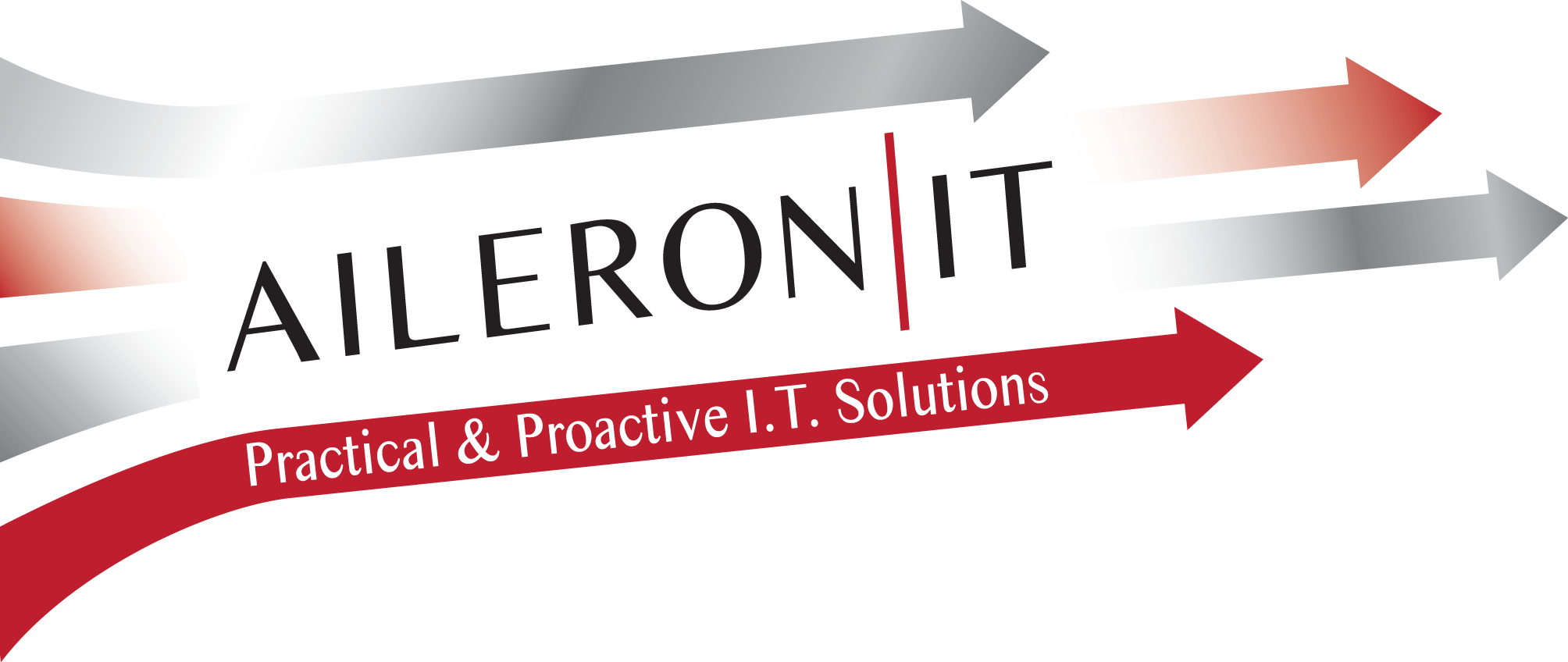HIPAA Security Best Practices for Minnesota and Wisconsin Healthcare Providers

Why HIPAA Security Matters for Local Providers
Whether a clinic in Hudson, a private practice in Stillwater, or a health center in River Falls, the obligations under the Health Insurance Portability and Accountability Act (HIPAA) are the same. Protecting patient data is not optional. A breach can mean fines, reputational damage and operational disruption.
The good news is that you don’t need a large-hospital budget to apply real safeguards. With the right focus and consistent effort, smaller providers across western Wisconsin and eastern Minnesota can strengthen their protection and be audit-ready.
1. Conduct a Risk Analysis
Start by documenting your current threats, vulnerabilities and how likely they are to affect your organization. Include administrative, physical and technical safeguards. Update this analysis annually or after major changes: for example adopting a new electronic health record system in Stillwater or adding remote access for a satellite location in River Falls.
2. Limit Access to Appropriate Personnel
Make sure only the staff who need access to patient data actually have it. Use multi-factor authentication (MFA), enforce least-privilege access and encrypt PHI both in transit and at rest. Clinics around Hudson have found that tightening access reduces both risk and compliance headaches.
3. Implement Technical and Physical Safeguards
Don’t neglect the physical side. Lock server rooms, secure portable devices and manage visitor access. On the technical side deploy endpoint protection, keep systems patched and apply secure configuration baselines. A health-service provider in western Wisconsin discovered how much easier it is to prove due-care with documented controls in place.
4. Train Employees on HIPAA and Security Awareness
People are often the weakest link. Medical staff in east-metro Minnesota and western Wisconsin need not only annual HIPAA training but role-based refreshers and phishing simulations. Awareness lowers the chance of an incident starting with a click or an overlooked email.
5. Develop and Enforce Policies and Procedures
You need clear, documented policies covering everything from access control, device management and incident response to breach notification. Ensure staff acknowledge training and policies. During inspections, auditors look for versions, approvals and evidence that policies are followed, not just written.
6. Perform Regular Audits and Continuous Monitoring
Security isn’t “set it and forget it.” Review logs, monitor for unusual activity, run vulnerability scans and test your backups and recovery. Providers that monitor continuously can catch issues before they escalate.
7. Ensure Business Associates Are Compliant
Your HIPAA responsibilities extend to vendors handling PHI on your behalf. Maintain Business Associate Agreements (BAAs), verify vendor safeguards and monitor third-party security practices. Even a small clinic near River Falls needs to treat vendors as part of the security network.
Protecting patient data is essential for compliance, trust and business continuity. Whether you serve patients in Hudson, Stillwater or western Wisconsin, the team at Aileron IT can help you adopt and maintain these best practices. Let’s build a security posture that puts your organization ahead—not behind—when an audit or threat arises.

